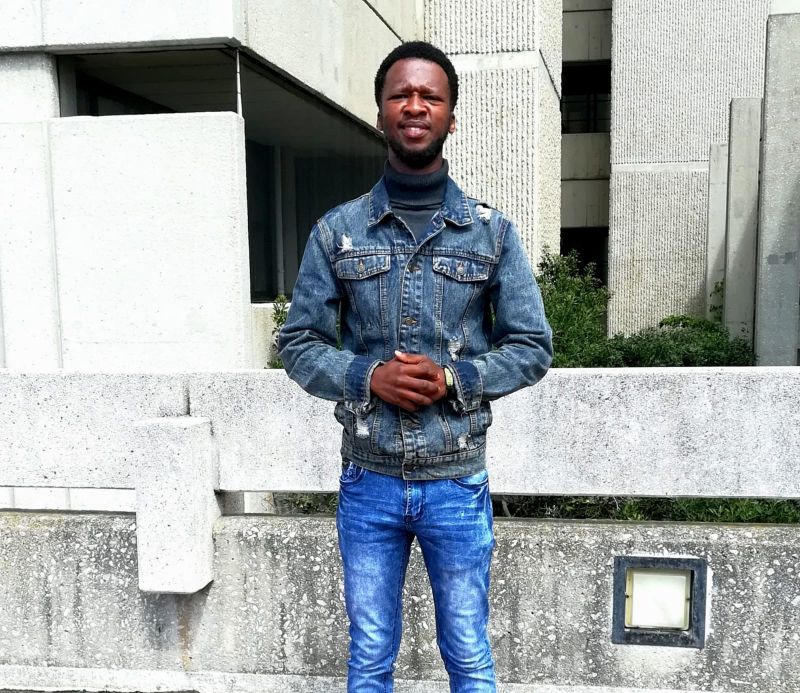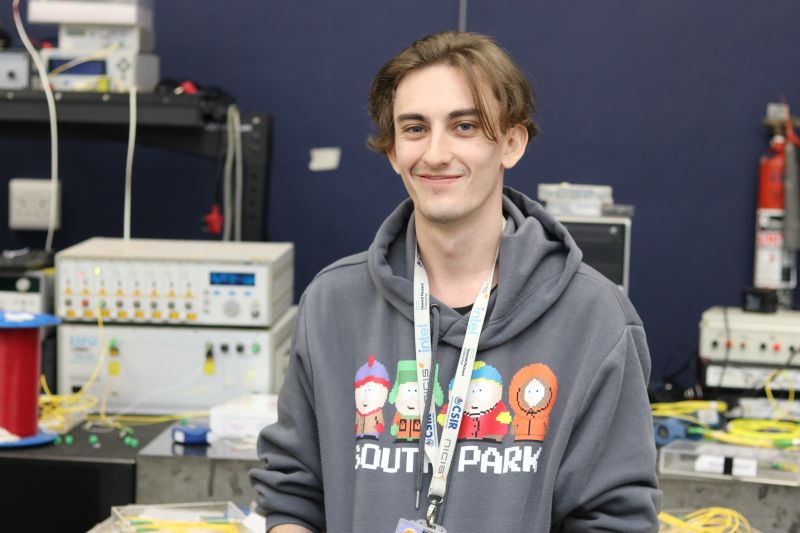BY Nkosazana Ngwadla
Four Mandela University Geology master’s students are preparing to represent South Africa in the international “Universities for Goal 13 Climate Action Competition, about addressing climate emergency and achieving environmental sustainability.
Aarifah Williams, Bamanye Takashe, Esinam Tamakloe and Francois Swanepoel entered as a team bringing together their skills and knowledge to create a practical solution for the energy transition. They competed against two other teams from the University, Noble Creations and Elilanga.

The students entered a project called “HotBox,” which is a controlled environment for agricultural cultivation. Their project won because of their outstanding presentation and teamwork, and they had an interesting proposal with a potential for growth.
Projects require a multidisciplinary approach, which is essential for the transformation, considering technological, legal, economic, and social aspects of the transition toward a carbon free economy.

The teams have the chance to improve their proposals with the support of Siemens Gamesa mentors until 4 September.
The winner will be announced in New York in September 2023 and will receive a prize of USD 10,000 for further developing their solution. They will be competing against five other winning solutions from universities worldwide:
- China’s Tsinghua University (previous winner) and the Chinese University of Hong Kong: “Reducing carbon with carbon: preparation of graphene-like nanomaterials from spent graphite for carbon reduction technology,”
- Germany’s University of Göttingen: “A 360-degree solution for university campuses promoting health, sustainability, biodiversity, and energy security”
- Brazil’s Pontifical Catholic University of Rio de Janeiro: “Amaze: Amazon Biomass Estimator. A web app for monitoring the world’s rainforests biomass,” and
- Ohio USA’s Case Western Reserve University: “E-Gora: The Energy Marketplace.”

Previous winners Byte Rainforest of Tsinghua University proposed a new pathway to realise the intangible value of rainforests as key carbon sinks.
The team developed a blockchain-based digital MRV system to monetise the carbon sink potential of tropical rainforests by converting carbon flux into carbon credits.
The solution will create a strong incentive for local farmer to conserve the rain forest and attract international private capital to support their protection.
Image & source: NMU












